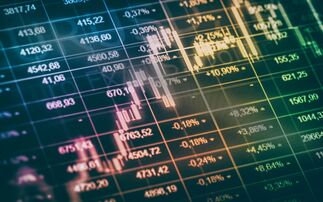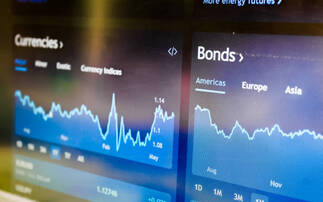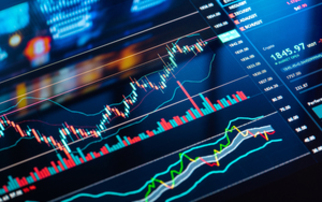
Rob Burdett of BMO GAM
Economic shocks following war in Ukraine led to the first quarter of 2022 with only a tiny number of funds generate top quartile returns over three consecutive 12 month periods, according to research by BMO Global Asset Management.
Just five (0.45%) of the 1,115 funds in the 12 sectors researched achieved this rate of returns as at the end of Q1 2022, compared to 2.1% in the previous quarter. This is the lowest number recorded since the FundWatch survey began in 2008 and is well below the historic average of between two and four percent.
Troy to merge Spectrum and Trojan Global Equity funds
In the quarter, already-rising bond yields and commodity prices were significantly impacted by the Russian invasion of Ukraine and the subsequent global sanctions against Russia, as well as wider economic shocks such as the ongoing supply chain crisis.
The funds registering top quartile returns were from five different sectors; the IA Europe ex-UK, the IA UK All Companies, IA £ Corporate Bond, IA £ Strategic Bond and IA Japan. The most consistent sector was the IA £ Corporate Bond with 11.8% of funds performing above median returns for three consecutive years, followed by the IA Asia Pacific ex-Japan with 10.8% of funds.
The IA Europe ex-UK sector was the least consistent performer, with just one fund achieving above median performance, likely due to its geographic proximity to the Russia-Ukraine war and a regional reliance on Russian gas and oil. All UK equity sectors fell, with the IA UK All Companies sector down 4.9%, and the IA UK Smaller Companies sector returning a drop of 13.1%.
Rob Burdett, head of the multi-manager people team at BMO Global Asset Management (EMEA), part of Columbia Threadneedle Investments, said: "Against this backdrop [of poor fund performances] we may see new performance trends emerge, while the impact of this quarter on consistency of returns and volatility of funds may continue for some time."
The IA Latin American sector topped a table of IA sector averages gaining 26.5% as the region benefitted from sanction-hit Russia's position in the commodities markets.













